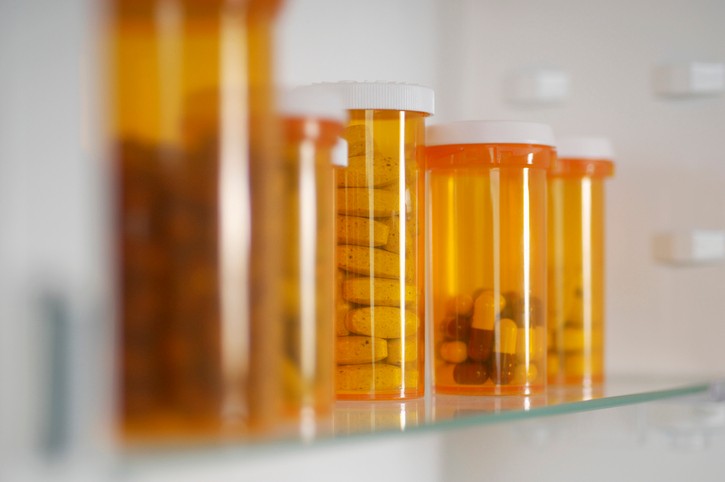Conquer the Crushing: Understanding and Managing Migraines and Headaches
JUN 19, 2025Understanding the type of headache you're experiencing is crucial for effective treatment.
Read More
According to the CDC about 60,000 children will be seen in emergency rooms each year due to accidental ingestion of medication. The best way to help eliminate this household hazard is to properly identify, store, and dispose of medication.
The first step is to properly identify what needs to be safely stored in your house. It is not just prescription medication you get from the pharmacy that needs to be kept safe. Over the counter medication including vitamins and supplements can lead to serious complications if they are accidentally consumed. They too need to be properly stored with prescription medications.
When storing medication find a secure place in your home that is not visible or readily accessible to children. Every home is different but up high on the top shelf of a locked cabinet can be a good starting point. Ensure that medications are returned to storage after each use and safety caps are utilized. Storing your medications is a great start but it is important to teach children about medication as they may come across easily accessible medications at family and friends homes. Ensure your children understand that medication is not candy and should never be taken unless it is given to them by their parents or caregivers.
Additionally, to protect your health information always scratch or blackout any personal information that is found on you prescription bottles prior to disposal.
If you have any additional questions regarding storage and disposal please follow up with one of our CHI Health Pharmacists.

Understanding the type of headache you're experiencing is crucial for effective treatment.
Read More
Proper diet is essential in maintaining bladder and bowel health as they affect your gut microbiome.
Read More
Injuries spike during the summer months but there are actions you can take to prevent injuries during the 100 deadliest days of summer.
Read MoreWhen you need local health information from a trusted source, turn to the CHI Health Better You eNewsletter.